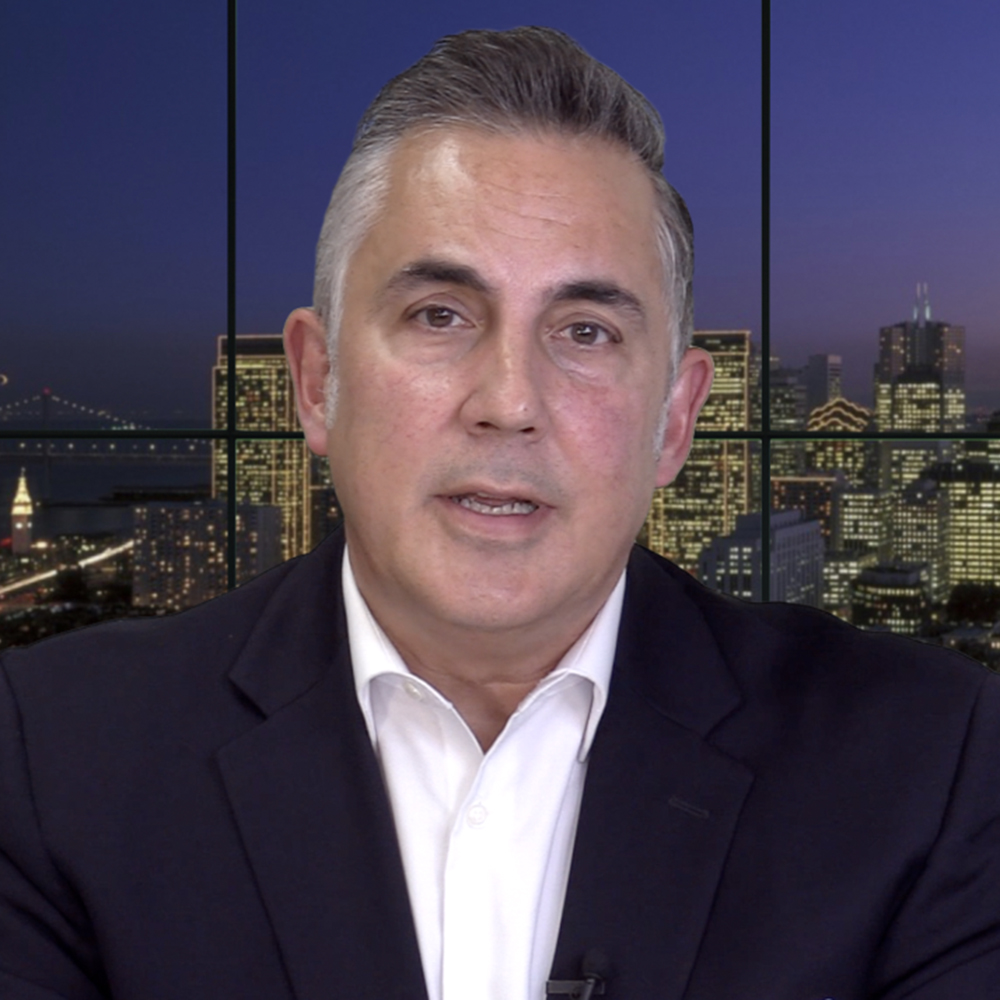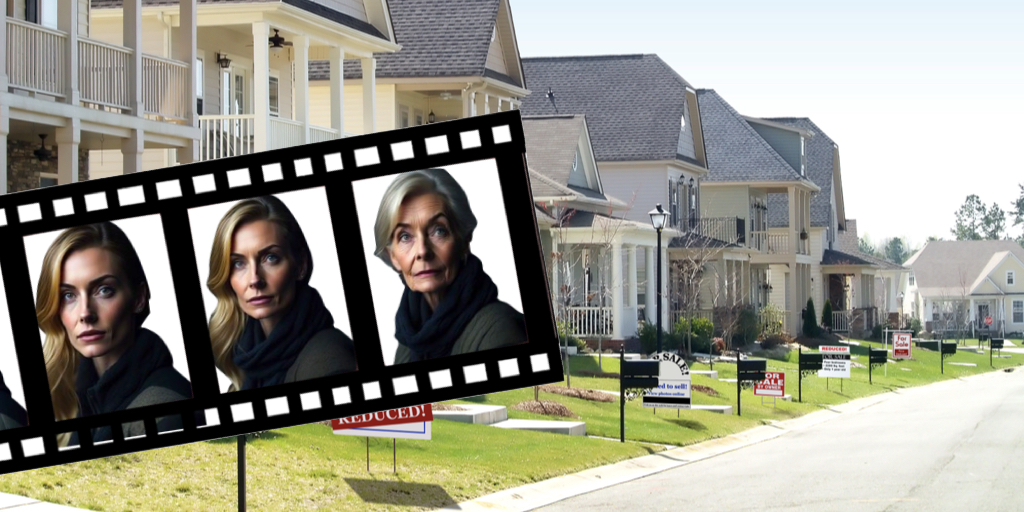American taxpayers are already footing the tab for somebody else’s retirement and that bill is expected to grow considerably. Welcome to the pension fund crisis. While some lawmakers have expressed a willingness to bail out underfunded private pensions many oppose the continued subsidization of the Federal Housing Administration’s MMI (Mutual Mortgage Insurance) fund which backs the Home Equity Conversion Mortgage program.
In the last decade, several private pension funds have revealed they are facing financial insolvency. Fast forward to the ‘new abnormal’ in the wake of the economic devastation unleashed by the COVID-19 pandemic and you’ll find the contagion of insolvency is spreading to pension funds that were once on a sound economic footing. Simply put, the pension problem has become a financial crisis.
For decades, and even recently, the idea of the government backstopping private pension funds has been avoided for fears of a voter backlash. In fact, this April five Republican senators wrote President Trump expressing their resistance to the federal government giving aid to supplement state budgets citing concerns of it being used to backstop pensions. “There’s not going to be any desire on the Republican side to bail out state pensions by borrowing money from future generations”, the letter said in part.
With sales local and state tax revenues collapsing elected officials will be forced to prioritize funding vulnerable pension plans. That leaves public services such as education, public safety, and other programs in the crosshairs of severe cutbacks.
So where can those without a pension or pension holders who may face a reduction in monthly payouts turn for help? Most likely it’s their home. Despite housing wealth typically being the largest asset for senior homeowners, its influence pales in comparison due to the political clout that private and public employee unions hold with state and federal lawmakers. Much of that influence differential can be attributed to the way that defined benefit plans or pensions are viewed compared to reverse mortgages. It’s much easier for elected officials to ignore the risks present in regional pension funds hoping for strong investment returns while protecting them at all costs.
Both homeowners and pension participants have made consistent monthly payments over many years; one in the hope of eliminating the expense of a monthly mortgage payment, the other for the promise of more stable cash flow in retirement.
Soon even those with a pension may consider tapping into their home’s value to help fill their cashflow needs. Perhaps some of our international counterparts were wise after all to call their reverse mortgages the ‘home pension plan’.










No comment yet, add your voice below!